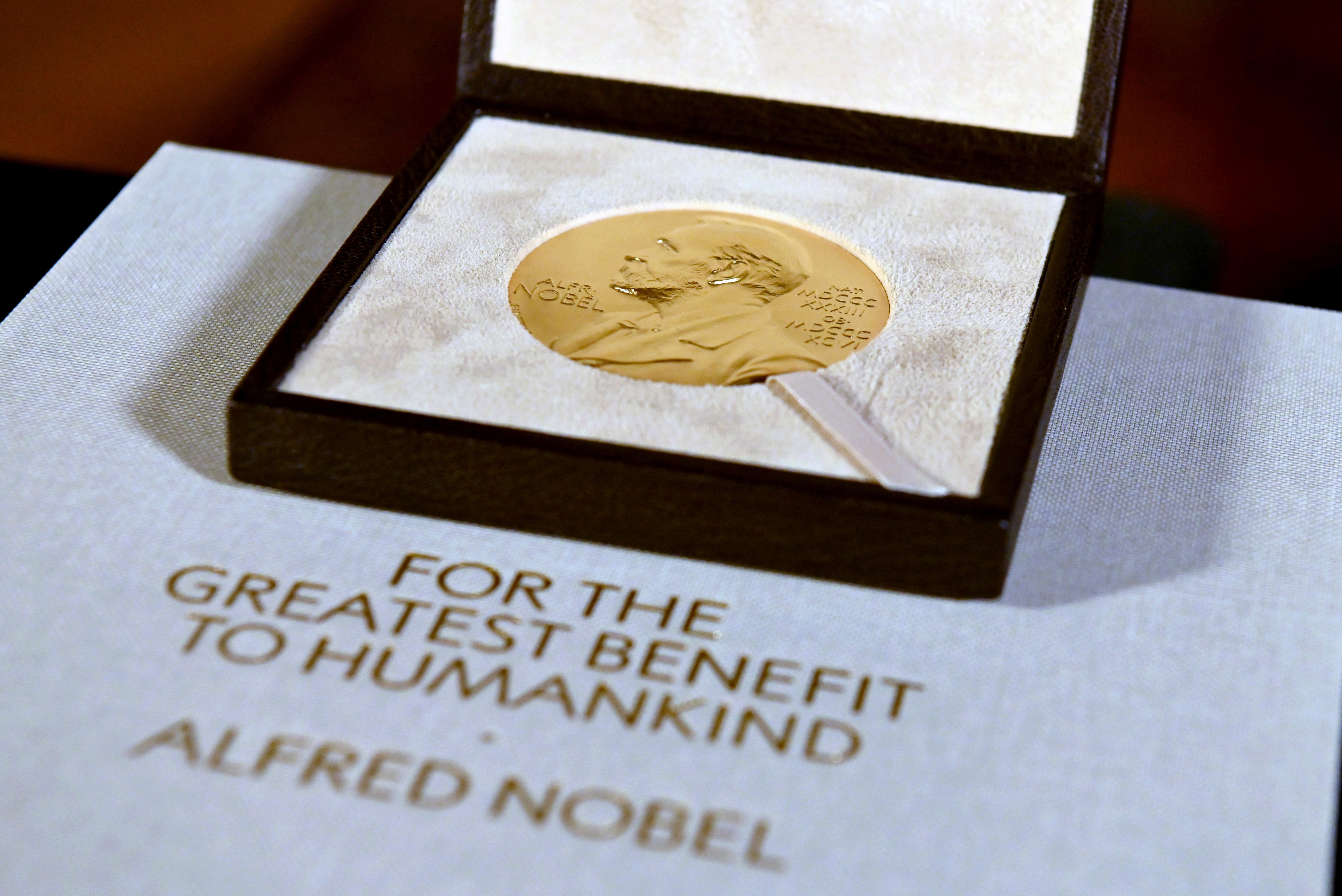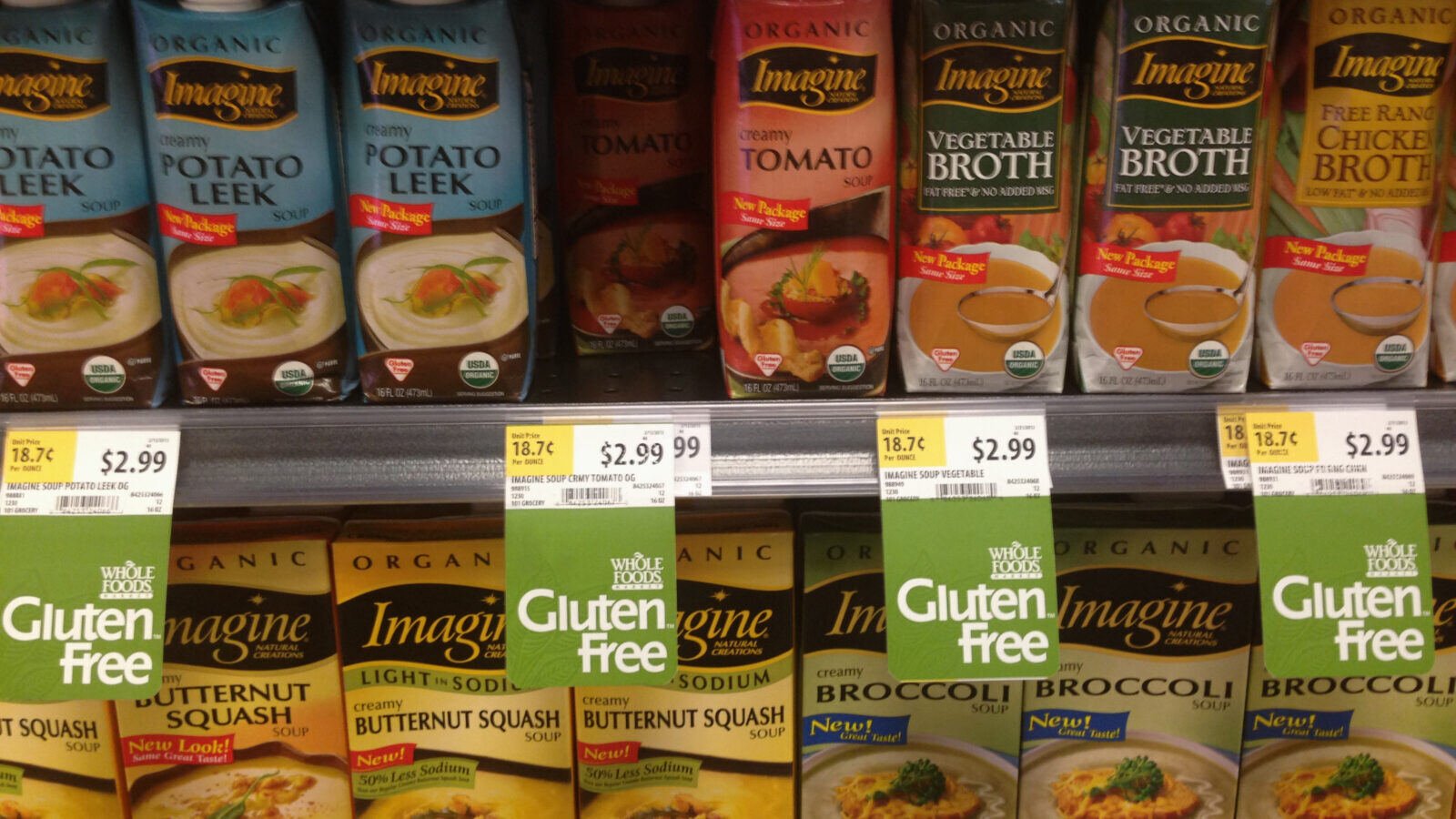Get your daily dose of health and medicine every weekday with STAT’s free newsletter Morning Rounds. Sign up here.
Good morning! There’s a lot going on. As a reminder, you can submit comments and news tips to STAT on our site, or to any reporter via email, social media, or Signal. (I’m theresagaff.96 there.)
advertisement
Don’t forget to stay hydrated.
What Nobel laureates make of this moment

Angela Weiss/Pool Photo via AP
Two weeks into President Trump’s second term, and two months after accepting a Nobel Prize, Victor Ambros is worried that the government structures that made his work possible may not survive the next four years. And he’s not alone. It’s still unclear what the full impact of various pauses in agency communications, funding freezes, executive orders, Cabinet appointments and more will be on biomedical research. STAT’s Megan Molteni contacted two dozen of the nation’s top life scientists, including 17 Nobel laureates, to see what they make of this moment, and what it could mean for the future of science in the U.S.
“Science should not have a political litmus test,” said cell biologist and 2013 Nobel winner Randy Schekman. Read more from Megan.
advertisement
What the heck happened on Friday?
On Friday last week, data began to disappear from the CDC website. “I spent all morning frantically downloading Youth Risk Behavioral Surveillance System data. I can’t believe this is all happening,” researcher Ariel Beccia told me in an email that morning. In addition to the YRBS data, gathered every other year in surveys to high schoolers, pages dealing with HIV surveillance, a social vulnerability index that measures how well counties might respond to disasters, long Covid data, and the agency’s Advisory Committee on Immunization Practices were all removed.
On Saturday, top advisors to the agency sent a letter to acting director Susan Monarez asking what the rationale was for the removal, what was being done to safeguard that data, and when access would return. In a statement to STAT, the CDC said the agency was changing its website to implement White House orders to remove information related to “gender ideology” and diversity, equity, and inclusion.
Later that day, some government sites, like ACIP’s, had been restored. But it’s unclear when everything will be back online, or how data might be modified when it is. We’ll keep you updated, and please reach out if you have any information.
How Trump’s tariffs could affect health care
On Saturday, President Trump ordered import taxes on goods from Canada, China, and Mexico. The move could raise costs for consumers across the economy, including in health care.
China is a large and growing producer of pharmaceutical ingredients, and prices could go up for finished drugs if costs for their ingredients increase. Mexico is the top source of medical devices used in the U.S. Hospitals rely on imports for everyday supplies like gowns, gloves, and syringes, but also for big ticket items like CT scanners and X-ray equipment. Read more from STAT’s John Wilkerson on the potential effects.
How the food industry went gaga for gluten-free

Carol Feldman/AP
Despite what the labels tell us, people with celiac disease know that they can’t always trust gluten-free food products to be truly safe for them to eat. Besides issues like inaccurate food labels, American culture often treats gluten-free eating as a lifestyle choice rather than a medical requirement.
advertisement
“A critical feature of the celiac experience is that unless people have the time, skill, money, and inclination to prepare all their meals from basic ingredients, they must rely on an industry that has minimal interest in their well being,” writes public health professor Emily Abel in her book “Gluten Free for Life: Celiac Disease, Medical Recognition, and the Food Industry. STAT’s Sarah Todd spoke with Abel about current labeling laws, why gluten-free foods often contain higher levels of sugar and salt, and the influence that food manufacturers can have on celiac advocacy groups. Read the conversation.
NSF restores payments, but worries persist
Yesterday, after a judge issued a temporary restraining order, the National Science Foundation announced that its payment system was back online, five days after the agency froze funding to researchers. The news was a relief to certain post-doctoral fellows, some of whom had to delay paying rent and credit card bills last week because their paychecks had been suspended. But some remained concerned about what they saw as contradictory messages coming out of the agency.
For instance, the agency’s webpage acknowledged that it cannot “delay or stop payment for active awards based solely on actual or potential non-compliance with the Executive Orders,” but said the restraining order “does not impact the ongoing review of our award portfolio to identify active grants in the context of recent Executive Orders.” Read more on the latest from STAT’s Eric Boodman.
Is RFK Jr. fit to lead?
In a First Opinion essay, Georges C. Benjamin, the executive director of the American Public Health Association, argues no. Now that both of the confirmation hearings for Robert F. Kennedy Jr. are over, “we have clear evidence that he is unfit to lead our nation’s largest health agency,” Benjamin writes.
Read more on Benjamin’s rationale. And keep an eye out for more RFK Jr. news in the coming days. The finance committee just set their vote on the nomination for tomorrow at 10 am ET.
What we’re reading
-
NYU Langone is canceling gender-affirming care appointments for trans kids, parents say, Hell Gate
-
Arrest warrant issued for New York doctor indicted in Louisiana for prescribing abortion pill, AP
- STAT readers on vaccines, saving pharmacies, and more, STAT
- Measles cases reported in Texas as vaccine rate against the disease has fallen, Texas Tribune

